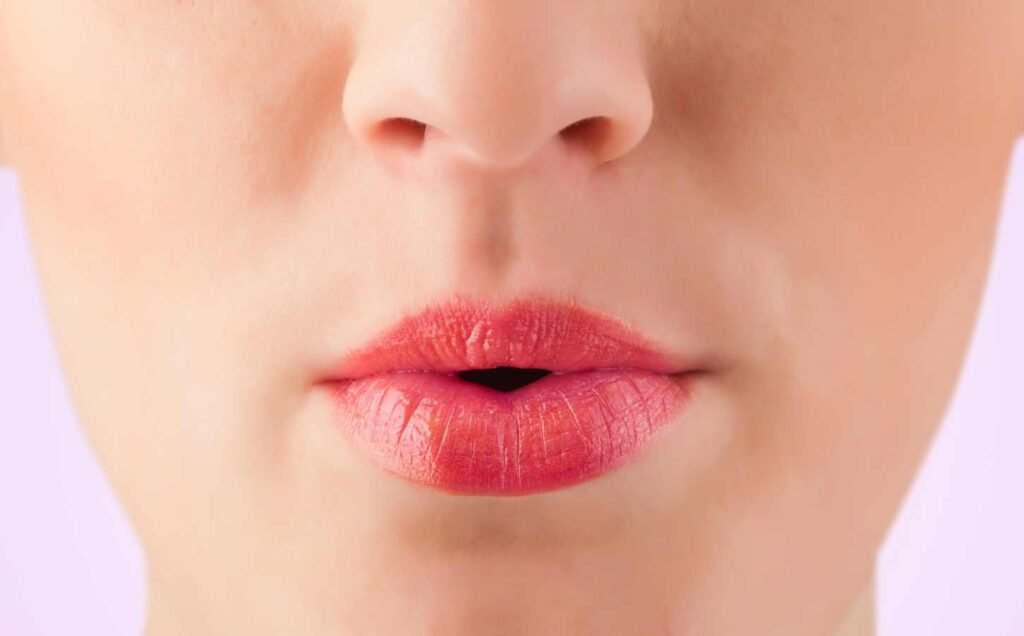Modafinil is a medication that has gained popularity in recent years due to its ability to improve cognitive function.
It is a prescription drug that is commonly sold under the brand name Provigil. Modafinil is classified as a central nervous system stimulant and a nootropic, meaning it enhances cognitive function without causing significant side effects.
The mechanism of action of modafinil is not fully understood, but it is believed to work by increasing the levels of certain neurotransmitters in the brain, such as dopamine and norepinephrine. This leads to increased wakefulness and alertness, as well as improved memory and focus. Modafinil has been shown to be effective in treating conditions such as narcolepsy, sleep apnea, and shift work sleep disorder.
Despite its potential benefits, modafinil is not without its risks. It can cause side effects such as headaches, nausea, and anxiety, and it may interact with other medications. Additionally, it has the potential for abuse and addiction, particularly among those who use it for non-medical reasons. As with any medication, it is important to use modafinil only under the guidance of a healthcare professional.
Uses and Indications
Treatment of Sleep Disorders
Modafinil is primarily used to treat sleep disorders such as narcolepsy, obstructive sleep apnea, (hypopnea syndrome), and shift work sleep disorder. It works by promoting wakefulness and reducing excessive sleepiness. In clinical trials, modafinil has been shown to significantly improve symptoms of excessive daytime sleepiness and increase alertness in patients with these conditions.
Off-Label Uses and Cognitive Enhancement
Modafinil has also been used off-label for cognitive enhancement and to improve focus and productivity. While there is some evidence to support these uses, the effects are not as well-established as they are for the treatment of sleep disorders. Some studies have suggested that modafinil may improve cognitive function in healthy individuals, but more research is needed to fully understand its potential benefits and risks.
Overall, modafinil is a safe and effective medication when used as directed for the treatment of sleep disorders. However, it should only be used under the guidance of a healthcare professional and should not be used for off-label purposes without careful consideration of the potential risks and benefits.
Safety and Side Effects
Common Adverse Reactions
Modafinil is generally considered safe for most people when taken as prescribed. However, some common side effects that may occur include headache, nausea, dizziness, and diarrhea. These side effects are usually mild and go away on their own within a few days.
Serious Health Risks
Although rare, serious health risks associated with modafinil use may include chest pain, fast or irregular heart rate, high blood pressure, and allergic reactions such as swelling of the face, throat, tongue, or lips. In some cases, modafinil may cause serious psychiatric side effects, such as mania, psychosis, and agitation.
Medication Interactions and Contraindications
Modafinil may interact with other medications, including birth control pills, phenytoin, warfarin, cyclosporine, diazepam, and triazolam. It is important to inform the pharmacist or healthcare provider of all medications being taken before starting modafinil. Modafinil is also contraindicated in patients with a history of drug abuse or addiction, as it can be habit-forming.
It is important to follow the medication guide provided by the healthcare provider or pharmacist, and to take modafinil exactly as prescribed. Missed doses should be taken as soon as possible, but not if it is close to the time for the next dose. Modafinil should be stored at room temperature, away from moisture and heat. If any skin reactions such as hives, blisters, or peeling occur, medical attention should be sought immediately.
Continuous positive airway pressure (CPAP) may be used in conjunction with modafinil to treat sleep disorders, but it is important to consult with a healthcare provider before using both treatments together. Modafinil should not be taken with alcohol or caffeine, as this may increase the risk of side effects such as nervousness, trouble breathing, and high blood pressure.
In conclusion, while modafinil is generally considered safe when taken as prescribed, it is important to be aware of potential side effects and medication interactions. If any serious side effects occur, medical attention should be sought immediately.
The content on this website is provided for educational and informational purposes only and is not intended as medical advice. Always consult with your healthcare provider before making any decisions regarding your health or medications, including starting, stopping, or changing a prescribed treatment plan. The information on this site should not be used to diagnose or treat any health condition. Your healthcare provider is the best source of information regarding your health and treatment options.
Discover the Tongue Trick for Better Sleep: The U.S. Marine’s Secret

This tongue trick is designed to help you fall asleep in just two minutes by stimulating a specific nerve in your tongue, known as the “sleep nerve,” to promote relaxation and better sleep.
Continue reading: Discover the Tongue Trick for Better Sleep
MaryRuth Organics Sleep Gummies Without Melatonin Review: Do They Work?

These gummies are designed to promote relaxation and support sleep quality for adults. Unlike many other sleep aids, they don’t contain melatonin, so you won’t wake up feeling groggy or drowsy.
Continue reading: MaryRuth Organics Sleep Gummies Without Melatonin




